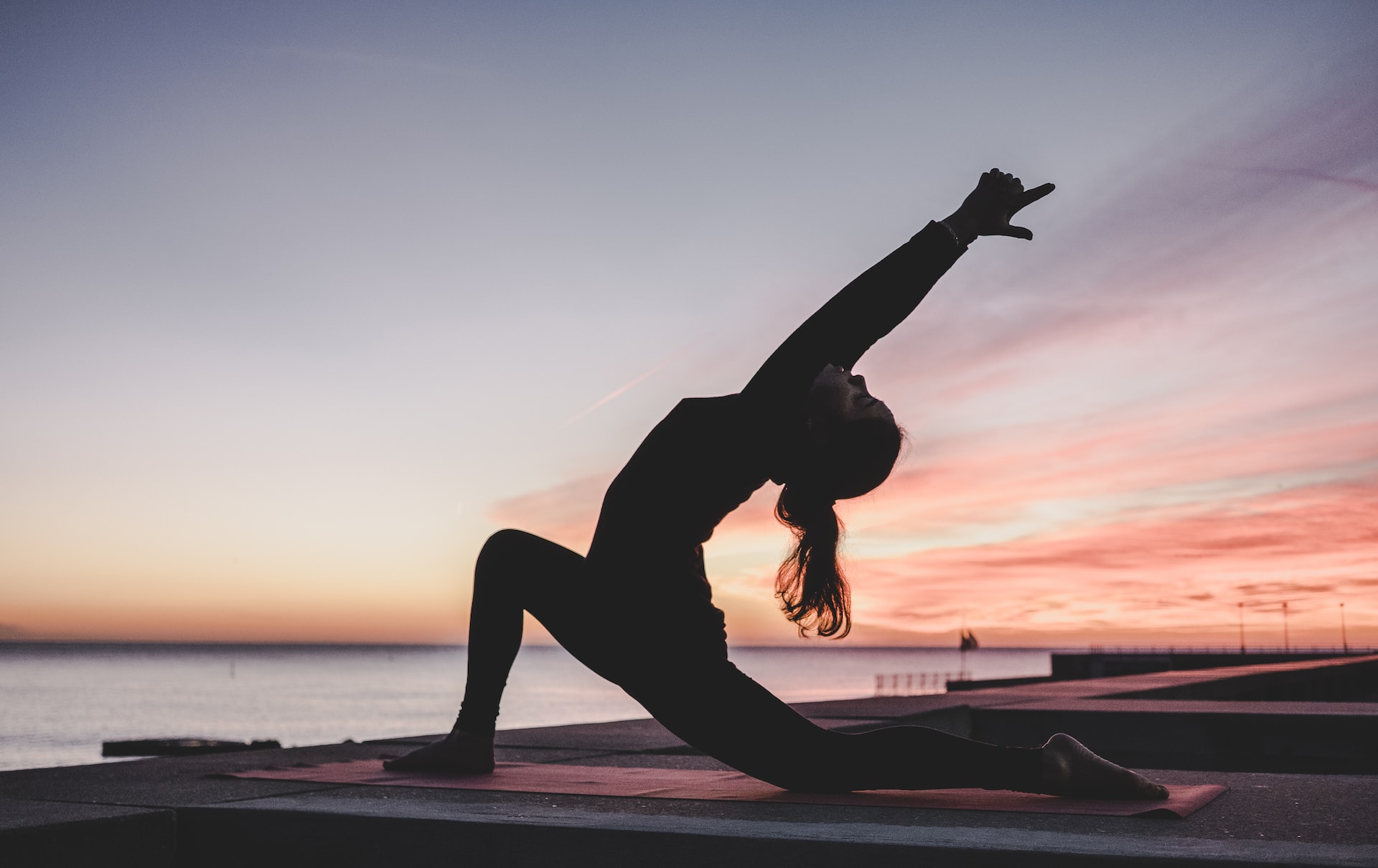
When you’re under pressure, do you find it hard to stay calm? Our life can be overwrought, with deadlines looming and essential tasks waiting for us. This can lead to nervy and anxious moments.
Relaxation techniques can be used to take a break from the hectic world around us and help us reconnect with our inner selves. Many exercises can be performed to relax the muscles, including breathing, meditation, and yoga.
They can also include visualisation, aromatherapy, and music and art therapy. Each exercise has its own unique benefits, and many of these techniques can be done quickly and easily, making them an excellent way to stay calm and relaxed.
Here are six exercises that can help you stay calm and centered.
1. Deep Breathing Exercises
Deep breathing exercises can be used to help relax the body and mind. You can perform a deep breathing exercise by lying on the ground or sitting quietly in a comfortable space. Close your eyes if you’re comfortable doing so, and take slow, deep breaths by focusing on the sensation of air entering and leaving your body.
Inhale deeply through your nose for 4-7 seconds, hold it for a few moments, then exhale slowly through the mouth. Observe how each breath feels as you take it several times.
2. Swimming
Swimming and other types of exercises in the water can help improve relaxation. In addition, participating in activities like swimming, yoga, aerobics pool classes, or doing a floating exercise can be very helpful for managing stress levels.
Being submerged in water stimulates the body’s parasympathetic nervous system (relaxation response) to reduce stress hormones and anxiety. Additionally, being in the water encourages using all major muscle groups, which can help improve mood.
3. Dancing
The act of dancing is an excellent method of reducing stress and anxiety, as well as staying calm. Endorphins are naturally released during dancing and help reduce stress and improve focus.
Cardio exercises are essential for improving dancing skills and increasing heart rate and blood flow. Although most cardio exercise doesn’t require heavy equipment, but some do. If you need gear for cardio exercise, check out reliable online stores such as Cardioonline.
4. Meditation
Meditation is an ancient practice that is known to help reduce stress. Meditation involves focusing your attention on your feelings and the present moment. This type of mindfulness practice can help with symptoms such as anxiety, depression, irritability, and restlessness.
You can practice meditation in a variety of ways, such as breathing exercises, walking meditation, and guided meditation. Regular practice can help you stay calm during stressful times, and practices such as yoga and tai chi also combine meditation techniques with physical activities to further reduce stress levels.
5. Walking
Walking is great for when you’re feeling overwhelmed and stressed out. Walking involves being mindful of your body and aware of where you are as you move. This type of exercise can be performed indoors as well as outdoors.
When walking, take notice of the sensations in your feet and your legs as you move. Maintain a steady pace and concentrate on each step. Avoid getting stuck in perfectionism, and let yourself enjoy the process.
6. Stretch Your Muscles and Limbs
The benefits of stretching include reducing stress and relaxing tense muscles. Take a few deep breaths before beginning, and find a comfortable position.
Start by rolling your neck and shoulders, then move down your arms flexing your wrists as far as you can, and stretch out each of your fingers.
Next, slowly bring one of your legs up and hold it in place for 10 seconds before slowly releasing it. Repeat this with the other leg, then complete the exercise by twisting your torso and reaching up toward the sky.
Conclusion
Exercise in almost any form can help you both physically and mentally. From deep breathing and physical exercise to improved listening skills and boxing, plenty of exercises are available to help you stay calm and find better ways to manage your stress.


















